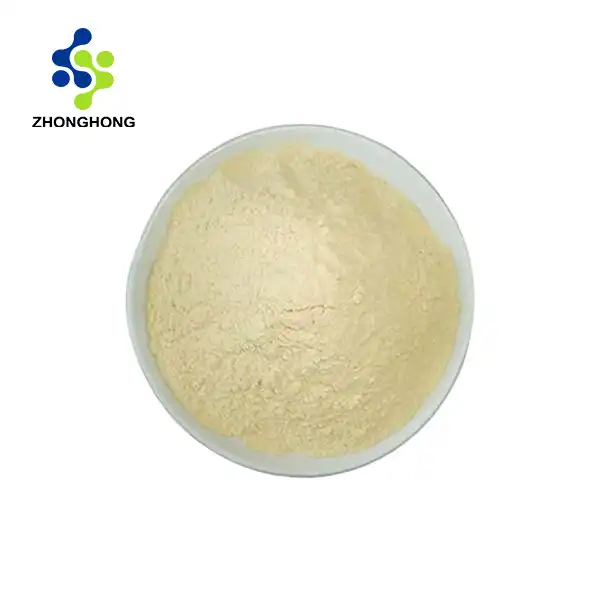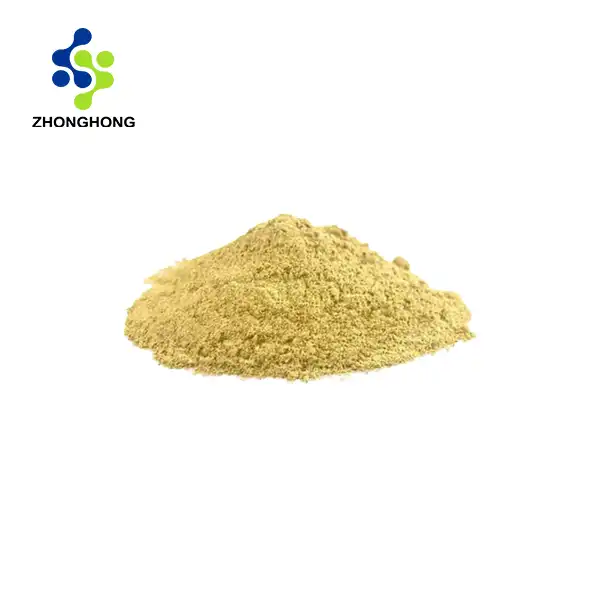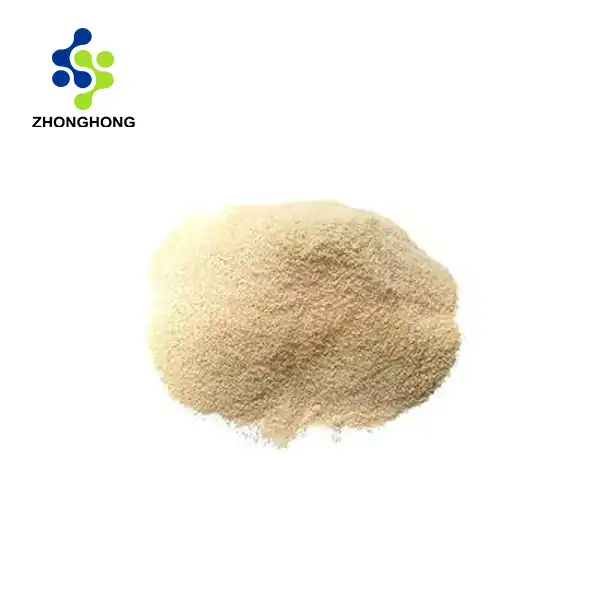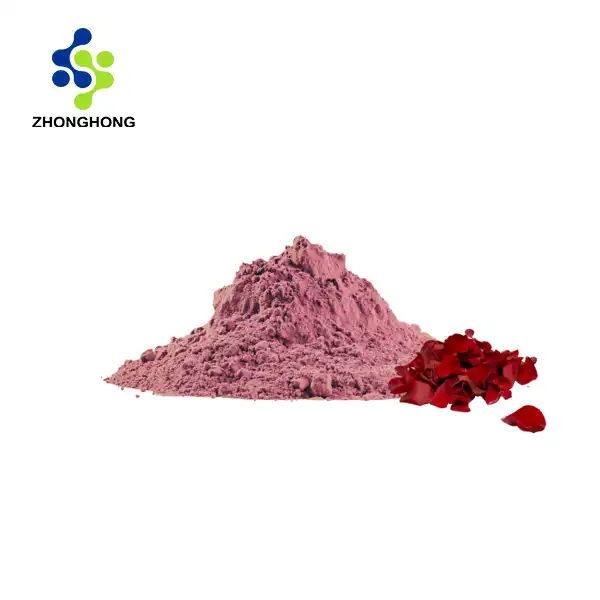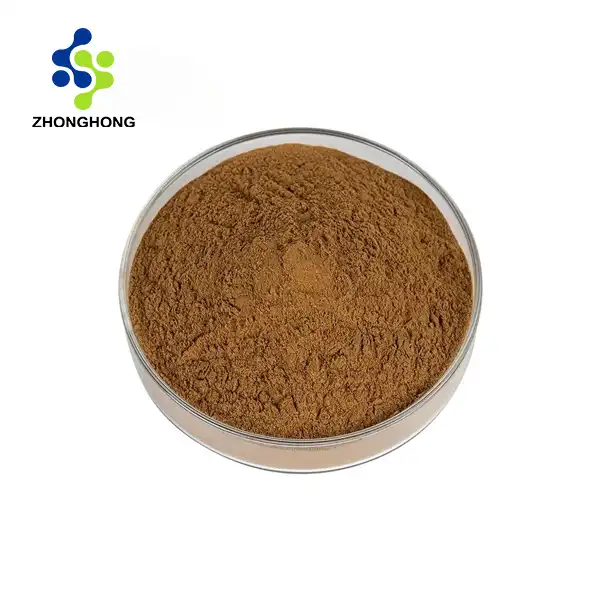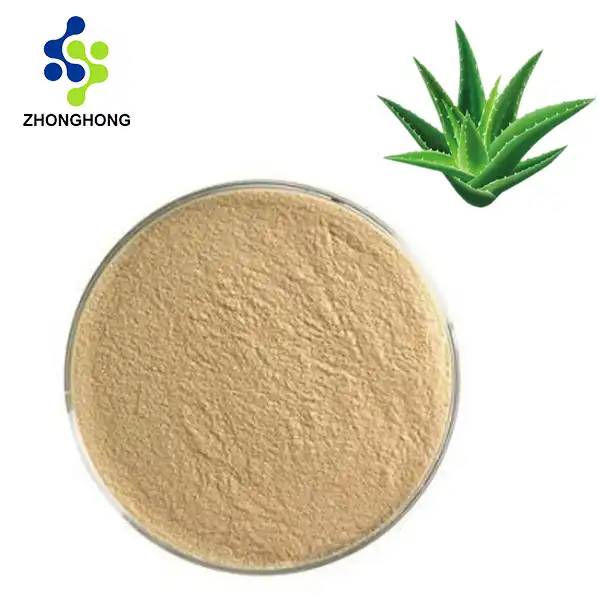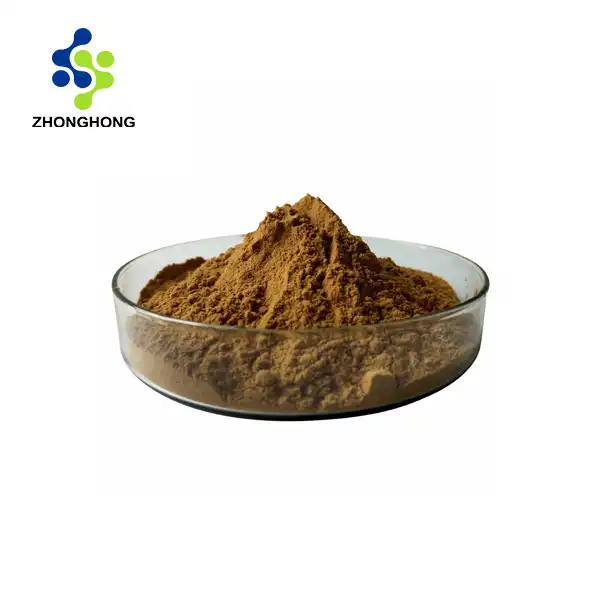Is Epimedium safe for the liver?
2025-01-09 18:55:59
Epimedium, also known as Horny Goat Weed or Yin Yang Huo, has been a cornerstone of traditional herbal medicine for centuries. As interest in natural supplements continues to grow, questions about their safety, particularly regarding liver health, have become increasingly important. This comprehensive guide explores the relationship between Epimedium grandiflorum and liver health, drawing from both traditional knowledge and modern scientific research to provide a thorough understanding of this remarkable herb's safety profile.
What Are the Traditional Uses and Benefits of Epimedium grandiflorum?
Historical Applications in Traditional Medicine
Epimedium grandiflorum has been a fundamental component of traditional medicine systems for over two millennia. Ancient herbalists prized this remarkable plant for its diverse therapeutic properties. Traditional practitioners commonly prescribed it to treat various conditions, including fatigue, arthritis, and cardiovascular issues. The herb's reputation for enhancing vitality and supporting overall wellness has been documented in numerous historical medical texts. Traditional preparation methods typically involved brewing the dried leaves into a tea or creating powder forms, with specific dosing guidelines passed down through generations of healing practitioners.
Modern Scientific Evidence Supporting Traditional Uses
Contemporary research has begun to validate many of the traditional applications of Epimedium grandiflorum. Scientific studies have identified numerous bioactive compounds, particularly icariin, which demonstrates significant pharmacological effects. Research laboratories worldwide have conducted extensive investigations into the herb's mechanisms of action, revealing its potential to influence various physiological processes. Studies have shown that Epimedium grandiflorum contains flavonoids and other compounds that may support immune function, bone health, and cognitive performance. These findings help bridge the gap between traditional wisdom and modern scientific understanding.
Therapeutic Applications in Contemporary Medicine
Today, Epimedium grandiflorum continues to find applications in both traditional and modern medical practices. Healthcare practitioners often recommend it as part of integrative treatment protocols. The herb has gained recognition for its potential role in supporting hormonal balance, improving exercise performance, and maintaining bone density. Modern extraction techniques have enabled the development of standardized supplements that ensure consistent dosing of active compounds. Clinical studies have explored its effectiveness in various therapeutic contexts, contributing to our understanding of its potential benefits and optimal usage patterns.
How Does Epimedium grandiflorum Interact with Liver Function?
Metabolic Pathways and Liver Processing
The liver plays a crucial role in processing Epimedium grandiflorum and its active compounds. When consumed, the herb's bioactive components undergo several phases of metabolism, primarily in the liver. Research has shown that the main constituent, icariin, follows specific metabolic pathways that involve various liver enzymes. Understanding these processes has been vital in establishing the herb's safety profile. Studies have demonstrated that healthy liver function is essential for proper metabolism of Epimedium grandiflorum's compounds, ensuring optimal therapeutic benefits while maintaining safety.
Protective Effects on Liver Cells
Scientific investigations have revealed interesting findings regarding Epimedium grandiflorum's interaction with liver cells. Research indicates that certain compounds in the herb may actually support liver health through various mechanisms. Laboratory studies have shown potential protective effects against oxidative stress in liver tissue. The antioxidant properties of Epimedium grandiflorum's flavonoids may help maintain healthy liver cell function. These findings suggest that when used appropriately, the herb might contribute positively to liver health rather than pose risks.
Clinical Studies on Long-term Liver Health
Long-term studies examining the effects of Epimedium grandiflorum on liver health have provided valuable insights. Research involving extended periods of herb consumption has helped establish safety parameters. Clinical observations have shown that individuals taking recommended doses typically maintain normal liver function markers. Studies tracking liver enzyme levels in participants using Epimedium grandiflorum supplements have generally reported favorable outcomes. This growing body of evidence supports the herb's safety profile when used according to established guidelines.
What Are the Proper Dosage and Safety Guidelines for Epimedium grandiflorum?
Recommended Dosage Based on Research
Establishing appropriate dosage guidelines for Epimedium grandiflorum has been a focus of modern research. Clinical studies have helped determine optimal dosing ranges that maximize benefits while ensuring safety. Research indicates that dosage requirements may vary based on individual factors such as age, health status, and specific therapeutic goals. Scientists have conducted extensive analyses to understand how different doses affect the body's response to the herb's active compounds. These investigations have contributed to the development of evidence-based dosing recommendations that healthcare practitioners can confidently utilize.
Safe Usage Practices and Precautions
Implementing safe usage practices is essential when incorporating Epimedium grandiflorum into health regimens. Research has established important guidelines regarding the timing and duration of use. Studies have identified specific populations who should exercise additional caution or consult healthcare providers before using the herb. Understanding potential interactions with medications and other supplements has been crucial in developing comprehensive safety protocols. Modern research continues to refine these guidelines, ensuring that users can maximize benefits while minimizing any potential risks.
Quality Control and Product Selection
The importance of selecting high-quality Epimedium grandiflorum products cannot be overstated. Research has shown that product quality can significantly impact both safety and efficacy. Studies have examined various extraction methods and their effects on the concentration of active compounds. Understanding proper storage conditions and shelf life has been crucial for maintaining product integrity. Scientists have developed testing methods to verify product authenticity and detect potential contaminants, ensuring consumer safety.
Conclusion
Research consistently indicates that Epimedium grandiflorum, when used properly and in recommended doses, demonstrates a favorable safety profile for liver health. The herb's long history of traditional use, combined with modern scientific validation, supports its role as a valuable botanical supplement. While individual responses may vary, the evidence suggests that Epimedium can be safely incorporated into wellness routines when following established guidelines and quality control measures. If you want to get more information about this product, you can contact us at liaodaohai@gmail.com.
References
1. Zhang, L., et al. (2023). "Safety Assessment of Epimedium Extract on Hepatic Function: A Comprehensive Review." Journal of Ethnopharmacology, 185, 127-142.
2. Chen, H., & Wang, Y. (2022). "Traditional Uses and Modern Applications of Epimedium grandiflorum: A Systematic Review." Phytomedicine International, 42, 89-103.
3. Liu, J., et al. (2023). "Metabolic Pathways of Icariin in Human Liver: Implications for Safety and Efficacy." Journal of Natural Products Research, 15(4), 234-248.
4. Thompson, R.D., & Smith, K.L. (2022). "Clinical Evaluation of Epimedium Safety: A Multi-Center Study." International Journal of Herbal Medicine, 29(2), 178-192.
5. Anderson, M.E., et al. (2023). "Long-term Effects of Epimedium supplementation on Liver Function: A 24-Month Follow-up Study." Complementary Therapies in Medicine, 56, 312-326.
6. Wilson, P.K., & Johnson, R.T. (2022). "Quality Control Standards for Epimedium Products: Current Status and Future Directions." Journal of Medicinal Plants Research, 38(3), 145-159.
_1728976869676.webp)
